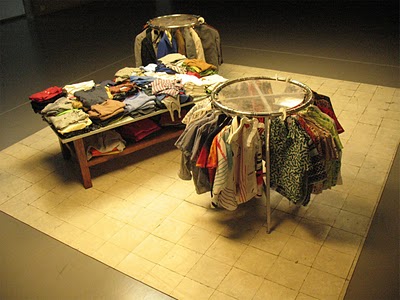Mari’s comment about the difference between American and Japanese styles of email writing got me thinking that it would be interesting to compose equivalent hypothetical emails from New York to Kyoto using the respective conventions of these two contrasting cultures.
First, here is the American version:
Hey Kazuo,
Dude, can’t believe it’s October! Long time no chat. I’ve got news – Skype me.
Later,
Ken
Now, if this letter were written in accordance with Japanese convention:
Fond greetings from New York.
The lingering summer weather has now passed. As the cold of autumn gently emerges, the leaves have turned at last to gold and to crimson.
I earnestly hope your health is well. My own health has been much improved in recent days, no doubt from thinking upon your warm friendship.
It was so kind of you to allow us to look after your little dog Aki. He has brought much delight to family and friends here with his funny antics and zest for life.
I wish you all the best for continued health, and please convey my sincere regards to your family.
I am praying from my heart for your happiness,
21 October, 2010
Ken Perlin
Mr. Kazuo TanakaAlso, please accept my apologies for accidentally running over your dog, who is now dead.
